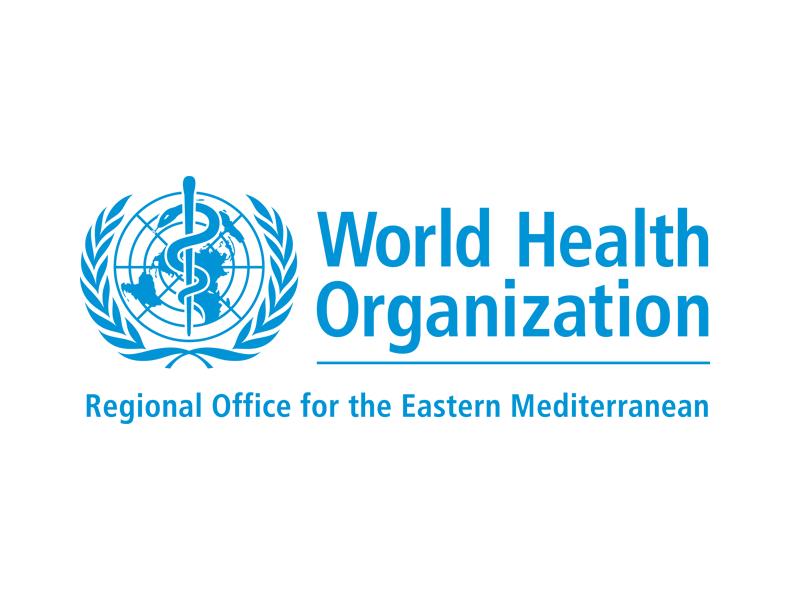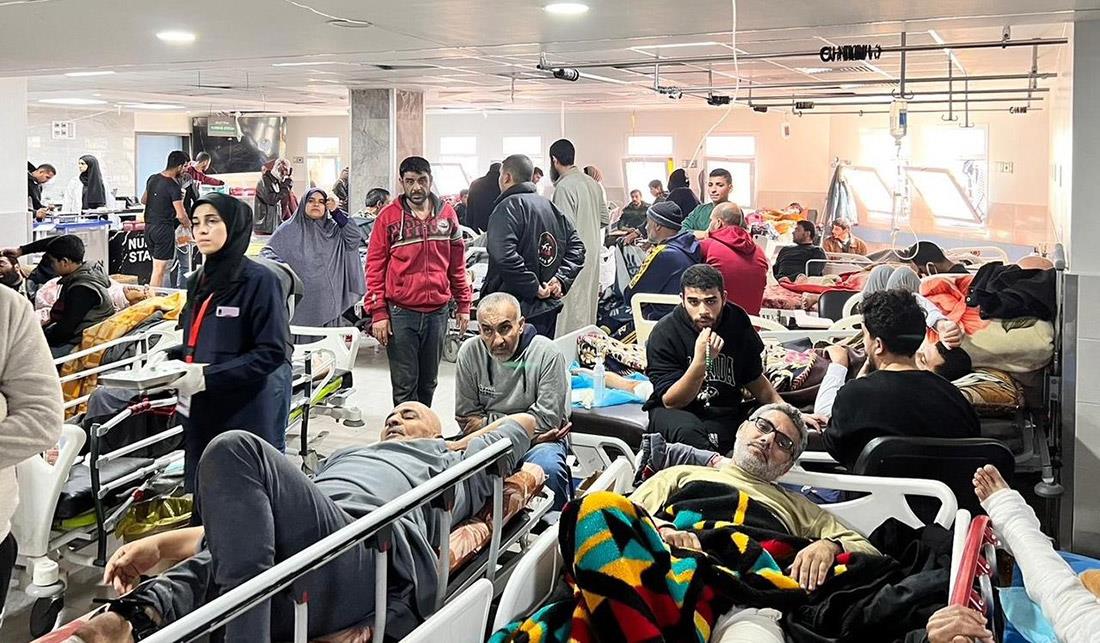
Amendments to global health regulations include helping developing countries gain better access to financing and medical products to fight pandemics
Talks aimed at reaching a global agreement on how to better fight pandemics will be concluded by 2025
GENEVA: The World Health Organization says member countries on Saturday approved a series of new steps to improve global preparedness for and response to pandemics like COVID-19 and mpox.
The WHO’s 194 member states have been negotiating for two years on an agreement that could increase collaboration before and during pandemics after the acknowledged failures during COVID-19.
Countries agreed to amend the International Health Regulations, which were adopted in 2005, such as by defining a “pandemic emergency” and helping developing countries gain better access to financing and medical products, WHO said.
The agreement came as the UN agency wrapped up its six-day World Health Assembly this year, after plans to adopt a more sweeping pandemic “treaty” at the meeting was shelved largely over disagreements between developing countries and richer ones about better sharing of technology and the pathogens that trigger outbreaks.
But the groups agreed to complete negotiations on the pandemic accord next year or earlier if possible, the WHO said.
“The historic decisions taken today demonstrate a common desire by member states to protect their own people, and the world’s, from the shared risk of public health emergencies and future pandemics,” WHO Director-General Tedros Adhanom Ghebreyesus said in a statement.
“With this agreement, we take steps to hold countries accountable and strengthen measures to stop outbreaks before they threaten Americans and our security,” said US Health and Human Services Secretary Xavier Becerra on Saturday.
The changes to the global health rules were aimed at shoring up the world’s defenses against new pathogens after COVID-19 killed more than 7 million people, according to WHO data.
Lawrence Gostin, a public health law expert at Georgetown University, hailed a “big win for health security,” and posted on X that the move “will simplify negotiations for the pandemic agreement.”
WHO said countries have defined a pandemic emergency as a communicable disease that has a “wide geographical spread” or a high risk of one, and has exceeded or can exceed the ability of national health systems to respond.
It’s also defined as an outbreak that has or could cause “substantial” economic or social disruption and requires quick international action, the agency said.
Yuanqiong Hu, a senior legal and policy adviser at Doctors without Borders, said that the changes adopted Saturday include “important provisions addressing equity in access to health products during global health emergencies.”












